Little Legacies is a place for families living with genetic disease to navigate the emotionally painful decision to gift their child’s brain to science.
Our project started with the experience of one family working with their team of scientists and clinicians to turn the learnings from their daughter Mila into hope for the next child. Our work has since led to partnerships with longstanding programs such as the NIH NeuroBioBank and the Brain Donor Project. Together, we hope to create a supportive space for families to ask questions and navigate this process.
Our mission is to help your child’s life become a gift to the children who follow.
CELL ATLAS PROJECT
Within Little Legacies, a dedicated team at Boston Children’s Hospital is creating the first ‘cell atlas’ for children with genetic disease – a map of the single cells within the body and brain. Recent breakthrough technology has allowed for a much deeper understanding of what happens on the level of an individual cell, which in turn allows for a significantly better understanding of the mechanism behind diseases and how to best treat them.
We are starting with a few conditions, such as Batten disease, based on the donations we receive from children in the US who have undergone genetic treatments. Building off the learnings from Mila’s tissues, each valuable donation we receive will expand the cell atlas, translating into more hope for the next child.
If you live in the US and your child has received a genetic treatment and you would like to learn more, please reach out to us.
ouR STORY
Our story starts with Mila, a rambunctious little girl from Colorado whose story captured the world. Mila was diagnosed at 6 years old with Batten disease, a fatal neurodegenerative condition, but was given an incredible second chance at life through a ground-breaking genetic treatment which initially stopped her disease. Mila’s story spread around the globe as she became the first person to receive a medicine tailored to one person, called milasen, and has since opened up an entirely new field of individualized medicines. But milasen did not come in time for her, and Mila’s big spirit left her small body on February 11, 2021, at just ten years old.
Leading up to Mila’s death, her family wanted to ensure that everything possible was learned about the effects of her disease and her treatment on Mila’s cells, and that those learnings would be shared widely and used to improve treatments for future children.
OUR team
We are working with an experienced and collaborative team, including the University of Maryland, the Brain Donor Project, and the NIH NeuroBioBank, to help families and coordinate the collection, storage and sharing of tissue donations so they are easily available to dedicated researchers around the world. We are grateful for support from the Chan Zuckerberg Initiative which has allowed Mila’s Miracle Foundation and Boston Children’s Hospital to continue developing the cell atlas project in partnership with a nation-wide network of collaborators.
We welcome all families with questions about this difficult process to contact us for more information.
CONTACT US
Our goal is to offer families a personal and confidential experience at this delicate and devastating time, making this process as easy as possible to navigate. Contact us and we will promptly reply.













